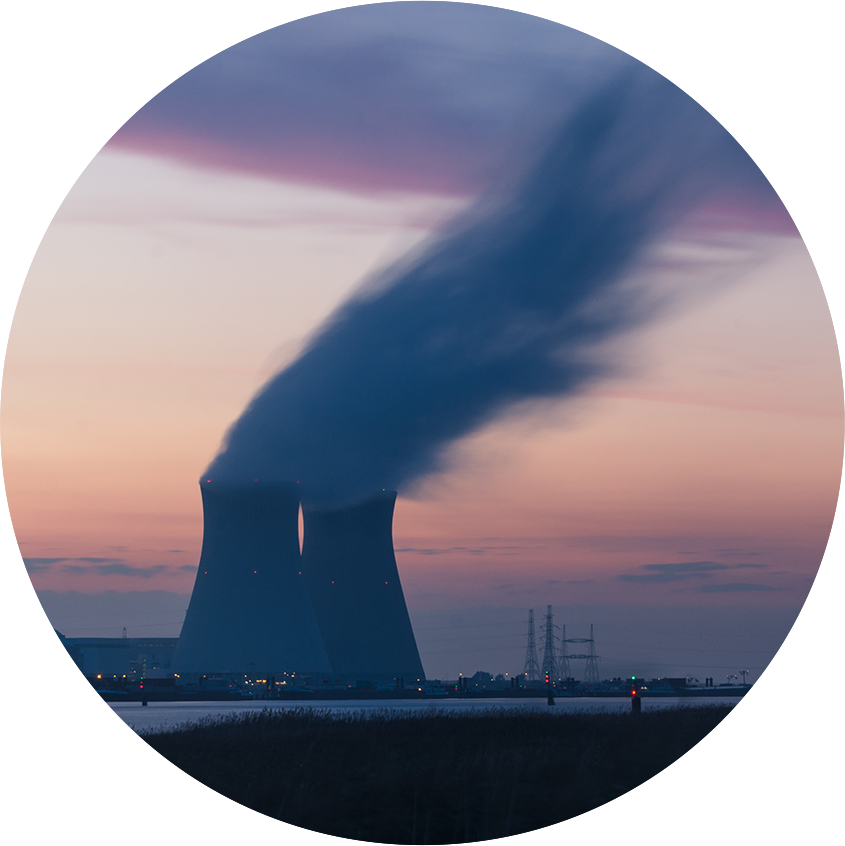Our Mission
To offer fully integrated hydrogen solutions for our clients, and to advise on the optimal hydrogen vector in renewable energy systems. Much of our research is based on finding ways to reduce the costs of creating, compressing, storing, and using green hydrogen.
Lifestyle
Humble Hydrogen is part of the de Gournay Group of Companies. We believe that lifestyle is being redefined so that our clients will increasingly only use natural fibres, dyes and paints; will increasingly wish to reduce their carbon footprint and pollution to zero; will increasingly consume natural and organic products that have not been treated with harmful chemicals and will learn to co-exist with the flora or fauna on our planet following the principles of Ahimsa. The de Gournay Group of Companies is at the forefront of the move to sustainable lifestyle – consuming the best but respecting the planet at every step.
Transparency
Humble Hydrogen will be willing to share all the knowledge we accumulate with allcomers whether they be potential competitors, students, manufacturers, journalists, government officials or just followers. If you wish to talk to us, we will charge for sharing such information at a reasonable price – we have no secrets – ask us. Our platforms will always be open to all. We will not collect or share personal data. We will be open and transparent about all our actions.
International Technology Sharing
Humble Hydrogen will benefit from the extensive network of de Gournay enterprises around the world. We will put together teams of experts across the world. Currently our senior management is based in the UK and our research centre is based in Kolkata in West Bengal, but we will open in China and San Francisco before long.
Myth or Reality
All the technology (solar panels, inverters, smart metres, wind turbines, electrolysers, fuel cells, batteries) exist already and have existed for many years. Over time these technologies will become more efficient and less expensive, probably dramatically so, as more research is done and as the market size increases and economies of scale develop. Buying our systems now may be more expensive than in 5 years’ time - but for many of our clients this is an investment in the future to benefit their offspring and our planet.
Systems and Hardware
Originally, we had hoped to outsource all our manufacturing, but the little world of hydrogen was so closed in on itself and so focused on obtaining government grants and handouts and so opaque with such long lead times, that we decided we would manufacture ourselves. We will not hesitate to recommend hardware from competitors where we feel it would be more appropriate to your needs.
Costing the Earth
I borrowed this title from a BBC programme and hereby thank the person who came up with the words. We will start producing calculations, many of which will be available online, that will help customers to calculate how they can contribute to the reduction of pollution and global warming. Eventually, as we have more projects operating, we will have our own ‘big data’ which we will share with allcomers, and which will enable us to hone these calculations and make them applicable to more and more areas of the world. Many will eventually be optimisation problems set out in terms of Lagrangians. Once the variables and constraints are properly specified, most people will realise just how often the constraints prove to be binding - indeed I believe that, if we price in the externalities of global warming, most people who could afford it, would almost certainly be constrained to install one of our systems now. That is what I am doing and why you are reading this text. Let us help you to define the Lagrangian Optimisation problem, for your specific requirements.
CALCULATIONS
The Sun & You.
The average consumption of power in the UK is 17,520 kWh/year, this is composed of 3,650kWh as electricity and 13,870 kWh of natural gas. (Source)
As the solar irradiation in the UK is 1.366 kW/m2 (Source) per annum. Your lifestyle needs could be met with the energy falling on only 10 m2 of land.
Due to solar panel efficiency being 20% this equates to 50 m2 of solar panels.
Further energy losses include solar inverters and resistance in the cables, which equates to around 3%.
Losses from the electrolyser ranges from 15-30% depending on the ability to use the excess heat produced by the system.
Depending on if we use this hydrogen in a boiler with an estimated efficiency of 98% or a fuel cell with an efficiency of 80%.(Source) This is dependent on the recapture of the waste heat from the system. All these efficiencies will increase over time due to technological advancements.
Optimistically, the energy losses equate to a further 15%. In which case, you will require around 70 m2. This is equivalent to 40 solar panels which at $140 gives a cost of $5,600.








